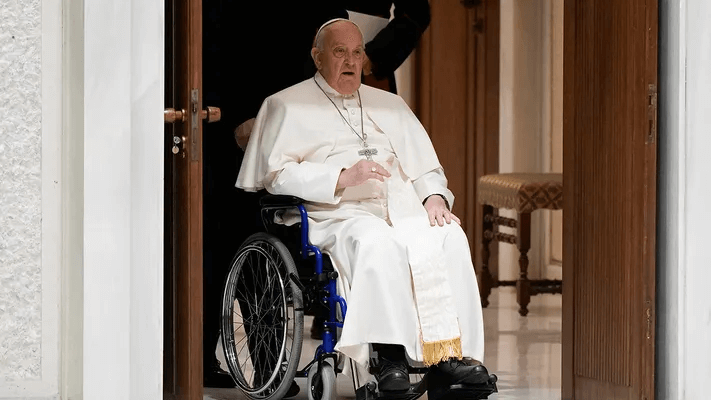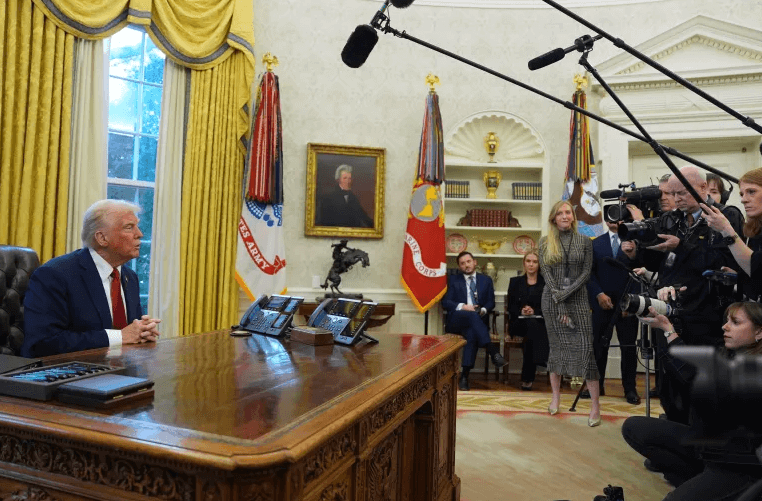The right of expression and the press is considered one of the inalienable human rights, inherently enjoyed by individuals simply by virtue of their humanity. These rights are critical to the functioning of a democratic society and are integral to the protection and promotion of other fundamental human rights.
Background Study of The Fundamental Human Right Of Expression
The protection and promotion of human rights are fundamental to the foundation of freedom, justice, and peace, both within individual nations and globally. Recognizing and upholding these rights is crucial for fostering a just and stable society.
Read Also: University of Michigan Dearborn Scholarship in USA- Apply Now
Human rights, particularly the right of expression, have indeed become a focal point in international dialogue and interstate relations. In recent decades, this focus has intensified, leading to significant shifts in how countries interact and uphold these rights.
Furthermore, it has been observed that there is always a contention whenever the question of human rights is discussed as regards its enforceability.
Understanding the distinction between justiciable fundamental rights and non-justiciable directive principles is crucial. While fundamental rights provide enforceable protections to individuals, directive principles serve as non-enforceable guidelines for the state to achieve broader societal goals.
Roles Of Fundament Human Right Of Expression
Freedom of expression as one of the fundamental rights of a citizen is inherent and intrinsic to all beings. It goes to the root of human civilization and enlightenment.
Today, virtually every social Covenant acknowledges the fundamental nature of this right and asserts the right to freedom of speech or expression. According to Euripides “it is slavery not to speak one thought”. John Milton in the same vein said “Give me the liberty to know, to alter and to urge freely according to conscience, above all liberties”.
Freedom of expression, particularly freedom of the press, is vital for democratic governance and was emphatically endorsed by former Philippine President Corazon Aquino.
However, freedom of expression ranks high as one of the fundamental rights because of the benefit to the individuals as well as to the government and the society at large. Freedom of expression is the foundation of western and American democracy and that is why the press is regarded as the “Forth Estate of the Realm” after the three arms of government.
No wonder, in section 22 of the 1999 Constitution of Nigeria, the role of the press is emphasized. Section 39 of the same constitution provided that every citizen has the fundamental right to expression, to impact ideas and opinions including the right to own, establish and operate an institution for the dissemination of information, ideas and opinions.
In conclusion, freedom of expression and the press constitutes the cornerstone of any democracy and a solid basis for development in all ramifications.
Freedom of expression is a cornerstone of participatory democracy, essential for achieving transparency, accountability, and good governance.
Problems Of Fundamental Human Right of Expression
Nigeria though practicing democracy is not yet a free and open society despite its heterogeneous nature. However, several press organizations in Nigeria lack complete freedom despite the constitutional provision for rights to expression and the proliferation of press organizations.
It, therefore, becomes imperative to properly balance the misconception that arose as a result of the restriction or limitation on freedom of expression and the press and issues on how the press (Social Media) has guaranteed freedom of expression in Nigeria.
To this end, this study will review the freedom of information Act, Nigeria television Act, Newspaper Act and the attitude of the government towards this right.
This study will give a general overview of the practice of the right of expression within Nigerian jurisdiction with emphasis on various challenges facing it.
The objective of the Study
The aims and objectives of the study are:
1. To examine The Challenges Facing the Modern Social Media System in Nigeria.
2. To examine the Solution to the Challenges Facing the Modern Social Media System in Nigeria
Research Question
- What are the activities of the press in promoting the right to freedom of expression and the press in Nigeria?
- What are the challenges facing the modern social media system in Nigeria?
Research Methodology
The doctrinal method of research was adopted in this work. There will also be a review of primary and secondary materials relevant to this research. Those materials include the 1999 constitution of the Federal Republic of Nigeria (as amended), Freedom of information Act, 2011. Case Laws, articles/journals etc.
Significance of the Study
This study is very important and beneficial in many ways. It will help educate Nigerians more on their fundamental human rights vis-à-vis right to expression and the press. This is because most of the cases relating to the abuse of freedom of expression arose as a result of ignorance.
Understanding the constitutional foundation of human rights in Nigeria, particularly the right to freedom of expression, is essential for appreciating how these rights are protected and enforced. This study aims to provide readers and the general public with comprehensive knowledge of these foundations, examine the available remedies for aggrieved individuals, and offer solutions to the challenges impeding the right to freedom of expression.
In conclusion, this study also provides the roles of the press (social media) in ensuring freedom of expression.
Scope of the Study
This work is restricted to Nigeria though, through the discus, other jurisdictions by way of comparison will be brought in. This work is designed to analyze the right to freedom of expression under the 1999 constitution and the issues of social media in Nigeria.
Limitation of the Study
This work is accompanied by many challenges which include lack of funds, time factor which resulted due to the ASUU strike that was embarked on, the outbreak of Covid-19 and inadequate research materials. Given the nature of this topic, much time was not given to widely research, compare and analyze notes with other jurisdictions, these and many others are the limitations of the study.








